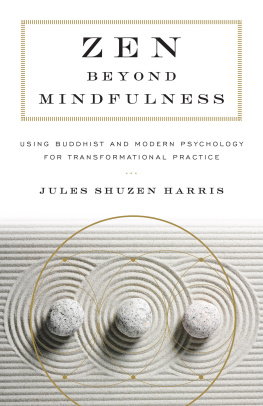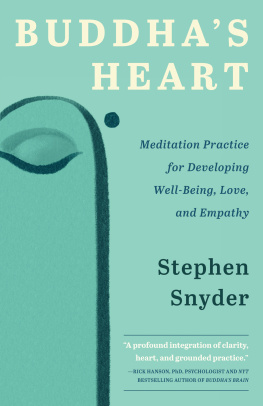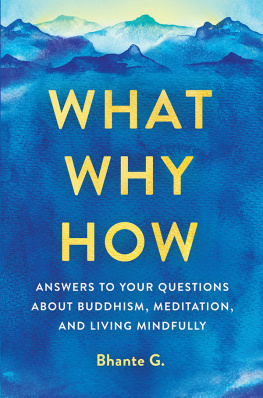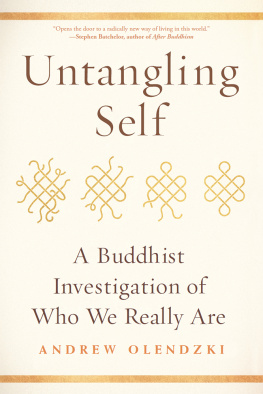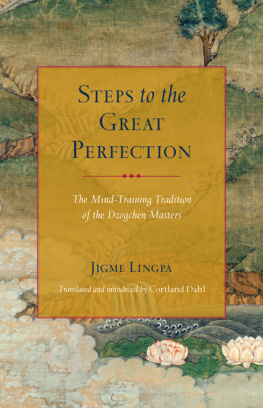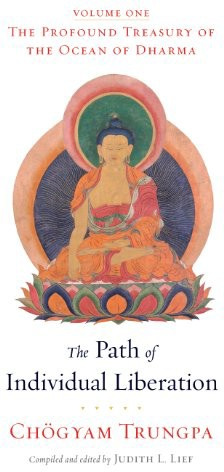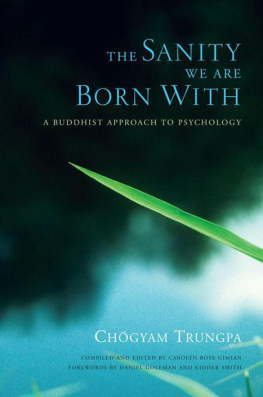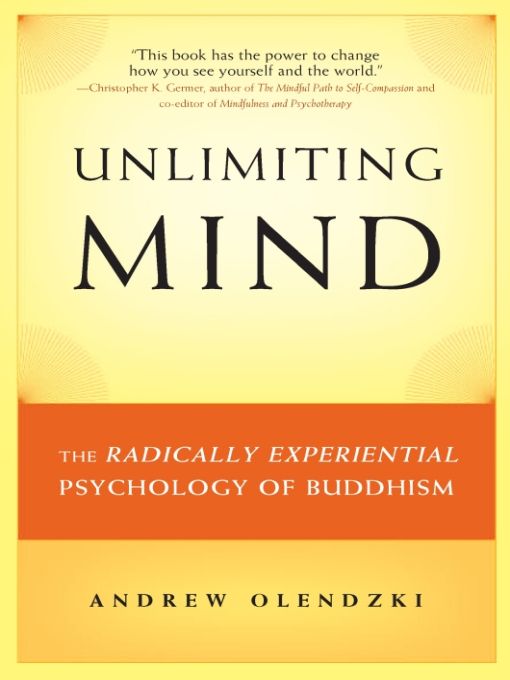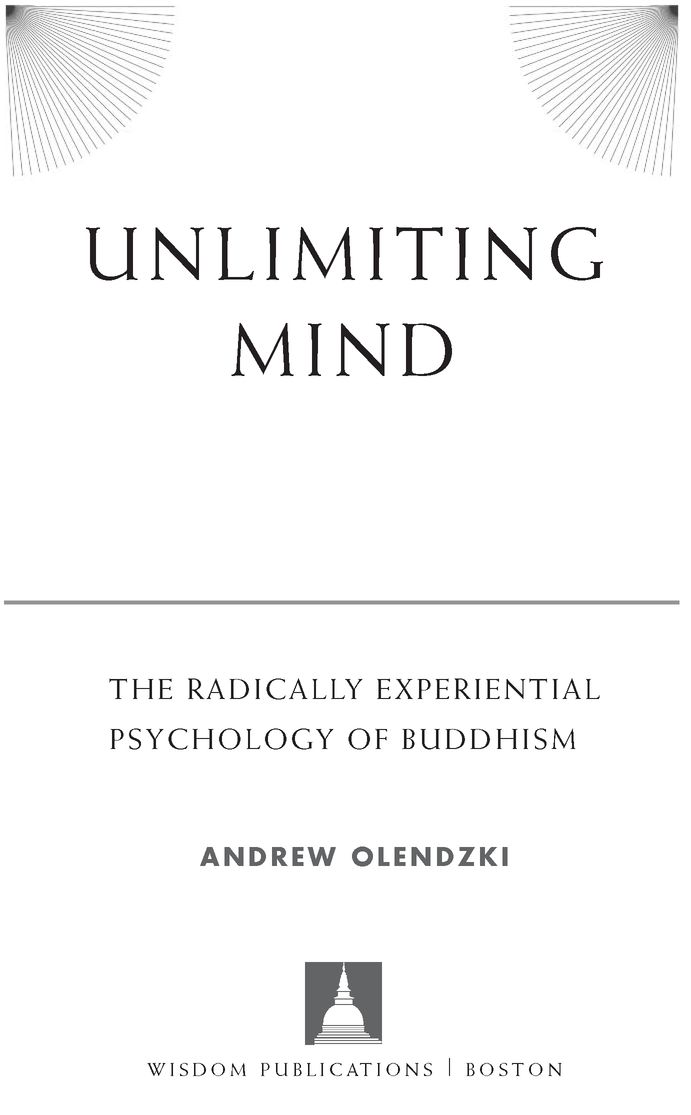Table of Contents
INTRODUCTION
THE WORLD STANDS at the threshold of a new eraand it is unclear whether we are entering the worst of times or the best of times. It often seems like we may be witnessing the beginning of the end, as the planet fills up with people, the natural resources sustaining us all dwindle, and the wild creatures of the earth face imminent extinction. At other times it feels more hopeful, that perhaps as a species we may be gradually evolving in consciousness. As we collectively become more open minded, more tolerant, more sensitive to diversity and more concerned with human rights, we occasionally get a glimpse of what it might look like if we were able to leave behind the more primitive ways of dealing with one another inherited from our ancestors. Whether we face times of hope or despair, there is little doubt that we will benefit from understanding ourselves and our behaviors better than we currently do. Psychology is therefore a crucial tool, either for helping us cope with growing difficulties, or for helping us create new possibilities. Our psychological self-understanding may even be a pivotal factor in determining which of these two imaginable futures we come to live.
Scarcely more than a century old, the field of psychology has been one of the defining contributions of the twentieth century. Launched with a perhaps nave assumption that the mind could be observed directly and objectively as one might the contents of a test tube, much of the discipline soon gave up on the murkiness of introspection in favor of the quantifiable results of behaviorism. At the same time, just as progress in the physical sciences came from the growing ability to see what was invisible to the naked eye by the use of microscopes, telescopes, and mathematical models, so too the early psychologists discovered the unconscious and preconscious mind and developed new tools for exploring and interpreting this mysterious territory. As the century progressed, an explosion of different ways to understand human nature and to heal damaged psyches emerged and progressed, each building on the insights of the others. In recent years a whole new dimension has been added by a growing understanding of the chemistry, architecture, and functioning of the brain, augmented greatly by new imaging technologies.
Yet even so, we also find the field of psychology returning to its introspective roots, under increasing influence from an unlikely sourcethe contemplative practices of meditation. While the Western sciences developed from the interaction of Indo-European and Mediterranean thought, both of which are fundamentally outward facing, meditation has its roots in the inward-looking perspectives of ancient Indus valley culture. In that part of the world we discover images, thousands of years old, of people in yogic postures and with meditative demeanors, and the artifacts unearthed by archeologists seems to be largely unconcerned with the outward manifestations of culture so dominant further west. Correspondingly, in the early religious history of North India, we find ways of thinking that place far greater emphasis upon exploring the inner world of experience than upon communication from or with external deities. And now, the experience gathered from centuries of meditation practices in the ancient East is beginning to have a significant impact upon how we understand and explore the mind in the modern West.
The outward-facing approach to studying the mind is beginning to reach its natural limitations, as researchers acknowledge that the phenomenon we call consciousness can never be entirely explained from an external perspectiveand now we want to know what is really going on in that black box between stimulus and response. Brain scans only become interesting when they are correlated with parallel episodes of internal experience. The subjective component, what it feels like to be conscious, is an important part of any model of the mind. Psychotherapists have always known this, of course, and rely daily upon the self-reporting of mental states to access the inner world of their clients, but the way this is done is changing under the influence of the meditative arts. We are learning how much a therapists empathic abilities are improved by her own meditation practice. We are beginning to learn much more about how clients can be taught to relate to their own internal experience in more skillful ways by relaxing the mind, focusing attention, and allowing the flow of thoughts to pass freely through consciousness. But this is only the first wave of the encounter of Buddhist thought with Western psychology. A second wave is coming, and is likely to have an even more significant impact on how we view ourselves.
Traditionally, the practice of meditation is sandwiched between two other contextualizing teachings: teachings on its root in integrity or virtue, and its culmination in wisdom or insight into the way things actually are. In the world of modern science, the price meditation has paid to become seriously considered by the modern psychological community has been separation from these elements of its classical context. We might imagine this to be akin to the way one might harvest a medicinal plant from the Amazon forest and try to extract and synthesize its active ingredient in the laboratory.
At a recent meeting between brain researchers and Buddhists, such as occur from time to time with the participation of the Dalai Lama, a scientist spoke quite frankly about what was of value to him in Buddhism and what was not. He said essentially that he was happy to wire up virtuoso meditators, such as Tibetan monks with extensive meditative training experience, and record the astonishing anomalies between various of their scanner readings compared with the norm of ordinary waking consciousness. The more remarkable the altered states measured, the more the scientist likes it. But he really was not interested, he admitted, in much of the Buddhist theory that went along with it. In particular, he said, he was not interested in hearing about the ethical skills said in traditional Buddhism to be a precondition of meditative practice, nor of the liberating insights the meditative practices are intended to access. Such things are just not quantifiable, and are therefore inappropriate areas of study from the perspective of the classical Western scientist.
This, I believe, is about to change. There is so much more we can learn from this ancient wisdom tradition, both collectively and personally, that can contribute to the improvement of our world.
Ill say a word about moral integrity and the foundations of classical meditation practice before too long, but Id like to focus attention primarily upon the insights to which meditation is said to lead us. The three core insights of the Buddhist tradition are the facts of impermanence, of suffering, and of non-self. The first of these refers to the truth that all phenomena, without exception, change; the second recognizes that all experience is structurally incapable of yielding lasting satisfaction; and the third points out the awkward truth that we are not quite what we take ourselves to be. To these we might usefully add the associated ideas of the interdependent arising of all phenomena, and the notion of awakening as a radical psychological transformation. I would like to go through each of these basic teachings in turn, suggesting the particular contribution they are already making and are likely to make to the contemporary field of psychology. These ideas point beyond the practice of meditation as a technique, to the understanding gained by such practices.



